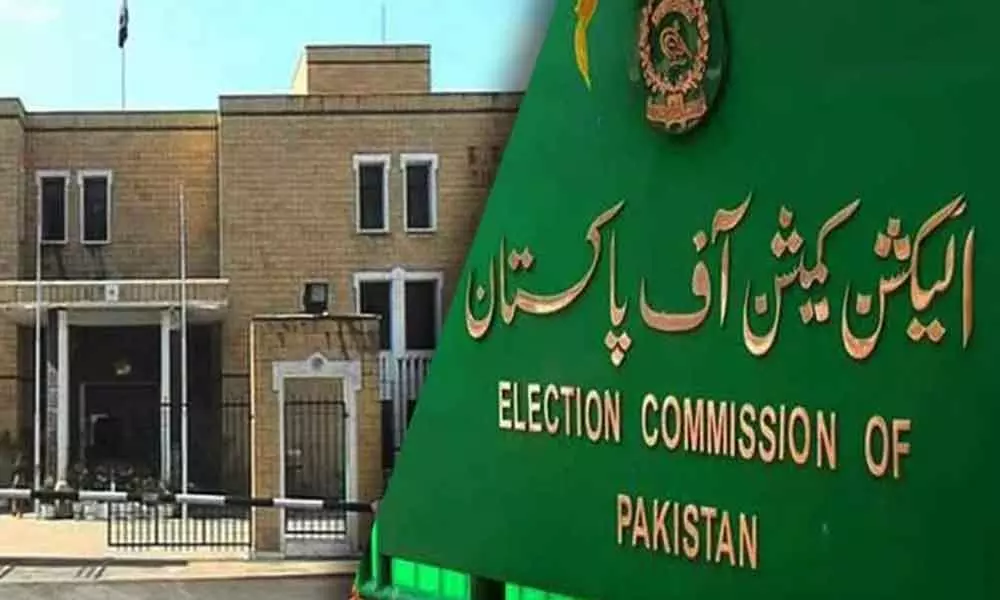
Elections are scheduled to take place on February 8 in Pakistan. In most countries when elections occur, it is called ‘silly season’ as political leaders and parties are prone to make promises just to attract votes.
Well, in Pakistan’s case silly season appears to be almost all year long but during the upcoming elections our voters will need to be aware of what is truth and what is false.
In his latest column, Khurram Hussain undertakes to help voters to see which political party has the best track record of managing the economy and producing the best results. Hussain’s answer: “It is a tricky question to give a straightforward answer to, but if pressed, the most obvious reply would be ‘none of the above’.” Hussain notes, “The reason is that all major parties have had their stint in power and yet Pakistan continues to be the most reliable client of the IMF, the institution that is the emergency room for economies in distress.”
Hussain also has numerous warnings:
“First of all, beware of any narratives that roll out a handful of indicators as measures of economic performance. Be very wary if any party tries to tell you that the GDP growth rate was higher in their time compared to that of others, or that exports hit a higher peak, or revenue collection grew the fastest, or foreign exchange reserves climbed faster and higher in their time than of their rivals, or that inflation was lower during their tenure, or large-scale manufacturing output grew faster than in the time of others or any other such indicator. The real story always lies in how these indicators are connected to each other, and how they evolve over a period of time. It is as if somebody gave you a handful of indicators, such as good blood pressure, good body mass, a robust appetite as signs of good health. What you don’t know, and what these indicators will not tell you, is whether a serious problem is growing inside the body.”
Second, Hussain points out, “one problem in measuring economic performance is that the results of actions taken today can take a few years to materialise. The best economic stewardship is the kind that produces results over the long term, meaning years after the party that implemented them is no longer in power. This is one reason why the steps needed to wean the country off its chronic dependence on the IMF are not taken by any party. They will not be around to claim the credit.”
Third, Hussain argues, “What happens very often in Pakistan is that the government promotes economic growth using tools like the borrowing and printing of money, and points to the resultant growth spurt as evidence of its superior management. But when the inevitable problems appear, they make excuses just long enough for their term to end and power to pass to the next government following elections. Then they blame the next government for the resultant mess, whereas it was they themselves who had created it.”
In conclusion, Hussain warns “It is a story of throttling and choking the economy, in quick succession, in their aim to claim the growth as their own and blame the disaster on the other. It is important to reject these performance stories as elections approach, and a new government prepares to take the reins of the economy.”
![]()





